Ramadan: All Questions Answered
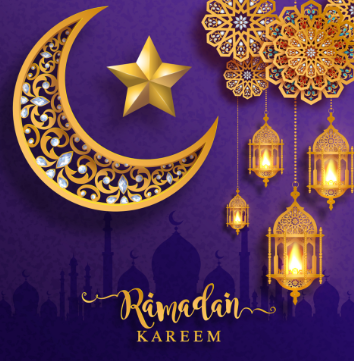
Ramadan is the ninth month of the Islamic calendar and is the holiest month for Muslims around the world. During this month, Muslims observe a period of fasting, prayer, and reflection in order to draw closer to God and deepen their spiritual connection. The month of Ramadan is the period when the Prophet Muhammad first started to receive messages from God regarding the creation of the Quran, which is their holy book. Through fasting, prayer, and good deeds, Muslims seek to purify their hearts and souls and to become more compassionate, humble, and grateful for the blessings of life. Ramadan is an important and meaningful time for Muslims all around the world.
The fast of Ramadan is one of the Five Pillars of Islam and is mandatory for all adult Muslims who are physically and mentally able to undertake it. This means that from dawn until sunset, Muslims abstain from food, drink, smoking, impure thoughts/words, immoral behavior, and other physical needs in order to fast. Yet, those who would struggle to fast are exempt from doing so. This includes individuals who are not in good health, travel a lot, elderly people with weak immune systems, pregnant women and those on their menstruation cycle.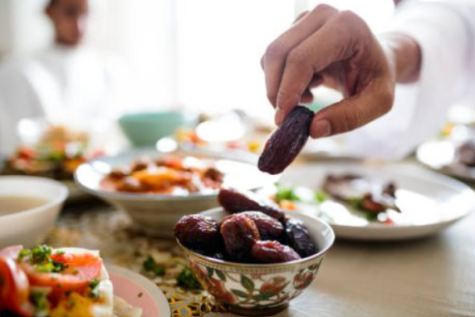 Except for individuals who are unable to fast because of old age or a severe disease, they should make up the fast later. Nevertheless, those who cannot fast, they can contribute by providing meals for poor people for each day of fasting missed. The fast is broken at sunset with a meal called iftar, often shared with family and friends. Muslims also wake up before dawn for a meal called suhoor to prepare themselves for the day ahead of fasting. During iftar, it’s tradition that fasting is broken with dried dates.
Except for individuals who are unable to fast because of old age or a severe disease, they should make up the fast later. Nevertheless, those who cannot fast, they can contribute by providing meals for poor people for each day of fasting missed. The fast is broken at sunset with a meal called iftar, often shared with family and friends. Muslims also wake up before dawn for a meal called suhoor to prepare themselves for the day ahead of fasting. During iftar, it’s tradition that fasting is broken with dried dates.
The timings for fasting during Ramadan are based on the Islamic lunar calendar, which is approximately 11 days shorter than the Gregorian calendar used in the Western world. This means that the dates of Ramadan shift each year by about 11 days. This year, Ramadan starts from March 22nd and ends April 21st . The start and end of Ramadan are determined by the sighting of the crescent moon by trained religious authorities. Once the moon is sighted, the first day of Ramadan is announced and the fasting begins. Similarly, the end of Ramadan is determined by the sighting of the crescent moon at the end of the month. The timings for fasting also vary depending on the location of the individual. Muslims in different parts of the world may experience different lengths of daylight and nighttime hours, which means that the timing of the fast may be longer or shorter depending on the season and location.
During Ramadan, Muslims are encouraged to increase their spiritual practices and engage in acts of charity, giving, and good deeds. It is also a time for self-reflection, seeking forgiveness, and strengthening one’s relationship with God. In addition to fasting, they often increase their attendance at mosques and participate in communal prayers, especially the Taraweeh prayers that are performed after the evening prayer. These prayers can last up to two hours and involve reciting the entire Qur’an over the course of the month. Other than the Taraweeh prayer, Muslims also perform their five daily obligatory prayers during Ramadan. By performing these prayers, Muslims seek to increase their spirituality and connect more deeply with their faith.
Ramadan culminates with the celebration of Eid al-Fitr, a joyous holiday that marks the end of the month of fasting. On this day, Muslims gather with family and friends to offer prayers, exchange gifts, and enjoy traditional foods. Eid al-Fitr begins with a morning prayer, which is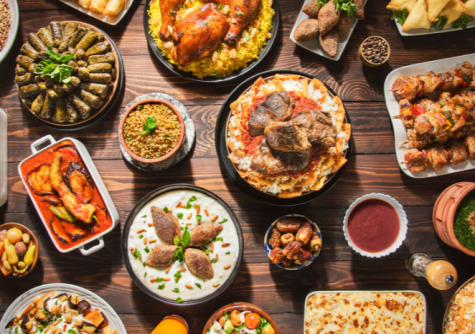 performed in congregations at mosques or other designated locations. Muslims dress in their best clothes and offer special prayers to express their gratitude for the blessings of Ramadan and to seek forgiveness for any sins committed during the previous year. After the prayer, Muslims exchange greetings of “Eid Mubarak,” meaning “Blessed Eid,” and hug each other to express their happiness and affection. Many people also give gifts to friends and family, especially to children, and decorate their homes with lights and colorful decorations. Food is an important part of the Eid al-Fitr celebration, and Muslims prepare special dishes and sweets to share with their loved ones. In many cultures, it is traditional to have a large feast with family and friends on the day of Eid.
performed in congregations at mosques or other designated locations. Muslims dress in their best clothes and offer special prayers to express their gratitude for the blessings of Ramadan and to seek forgiveness for any sins committed during the previous year. After the prayer, Muslims exchange greetings of “Eid Mubarak,” meaning “Blessed Eid,” and hug each other to express their happiness and affection. Many people also give gifts to friends and family, especially to children, and decorate their homes with lights and colorful decorations. Food is an important part of the Eid al-Fitr celebration, and Muslims prepare special dishes and sweets to share with their loved ones. In many cultures, it is traditional to have a large feast with family and friends on the day of Eid.
I started fasting when I was 11 years old, and it gets easier year after year. Generally, the first three days of fasting are challenging for everyone, but it’s extremely simple to become accustomed to after. I feel more at ease with myself when I fast. Studies also show that fasting can improve productivity and alertness, according to “Inverse“. My favorite time of day is iftar, not just because of the food, but also because of the family. During an entire month, everyone helps out with the meals and develop close bonds. I value having that kind of tight relationship with my family. Eid-al-Fitr is also very familial and full of delicious food.
All in all, Ramadan is an incredibly important month for Muslims. It serves to strengthen the bond between individuals and their God by allowing them to reflect on their lives and draw closer spiritually. Additionally, it also gives them an opportunity for them to connect with each other, build strong relationships within their community, and make a positive impact in society. Muslims strive to grow more aware of their surroundings and blessings by observing a fast, offering prayers, and carrying out various charitable activities. The month has a deep personal significance for many worldwide – it’s a reminder to be humble and grateful for everything they have in life.
Your donation will support the student journalists of Wesley Chapel High School. Your contribution will allow us to purchase equipment and cover our annual website hosting costs.


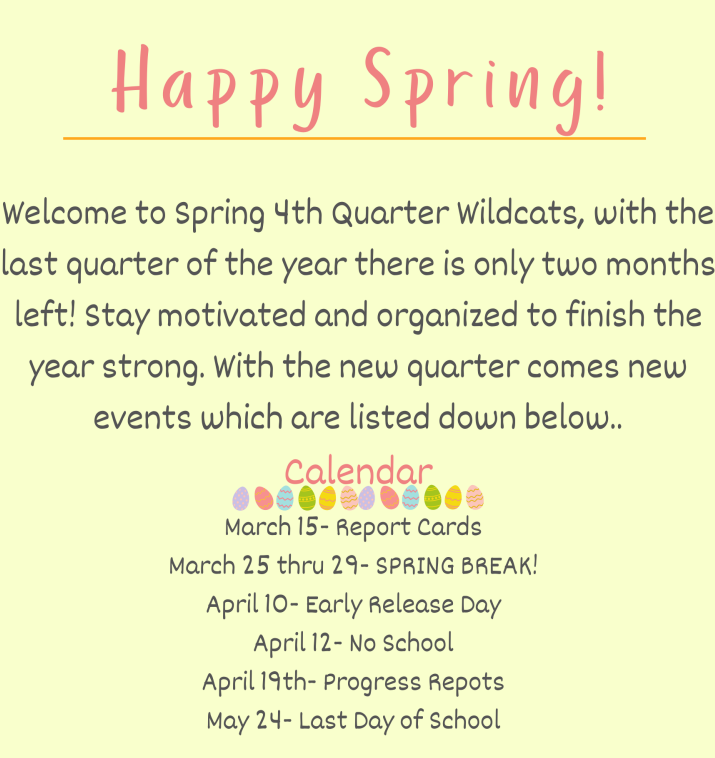
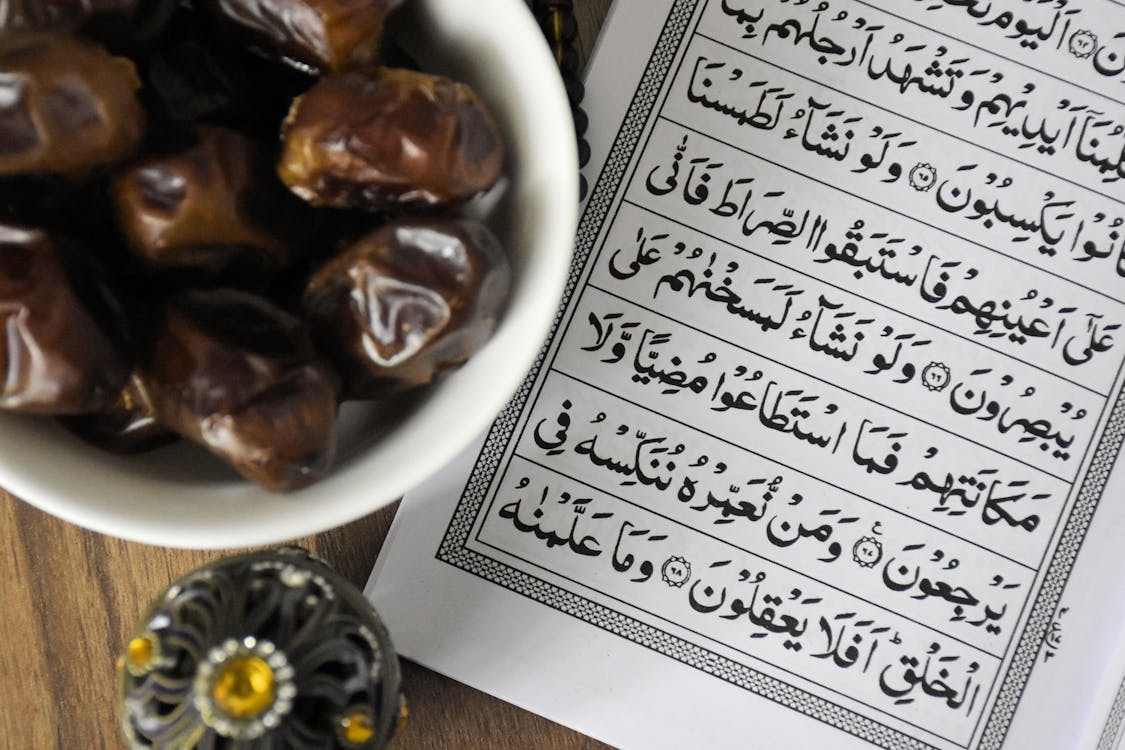
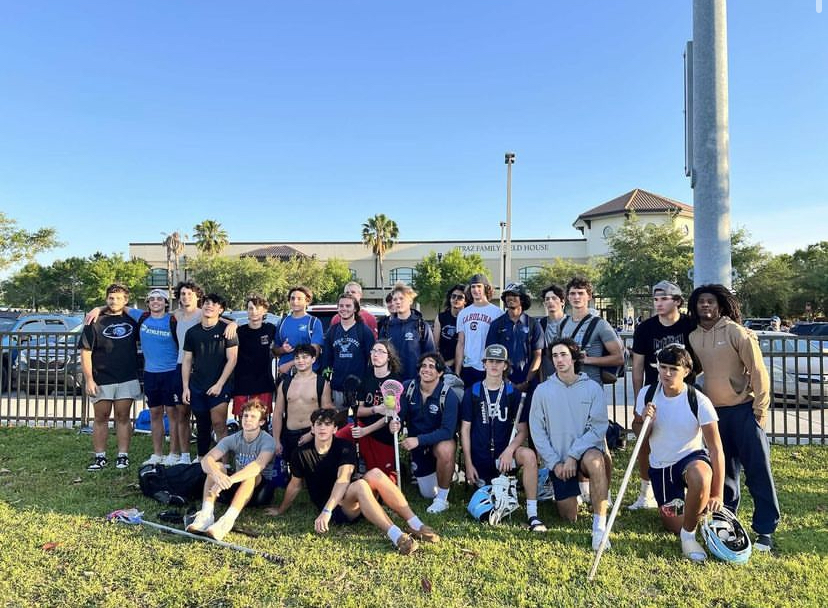




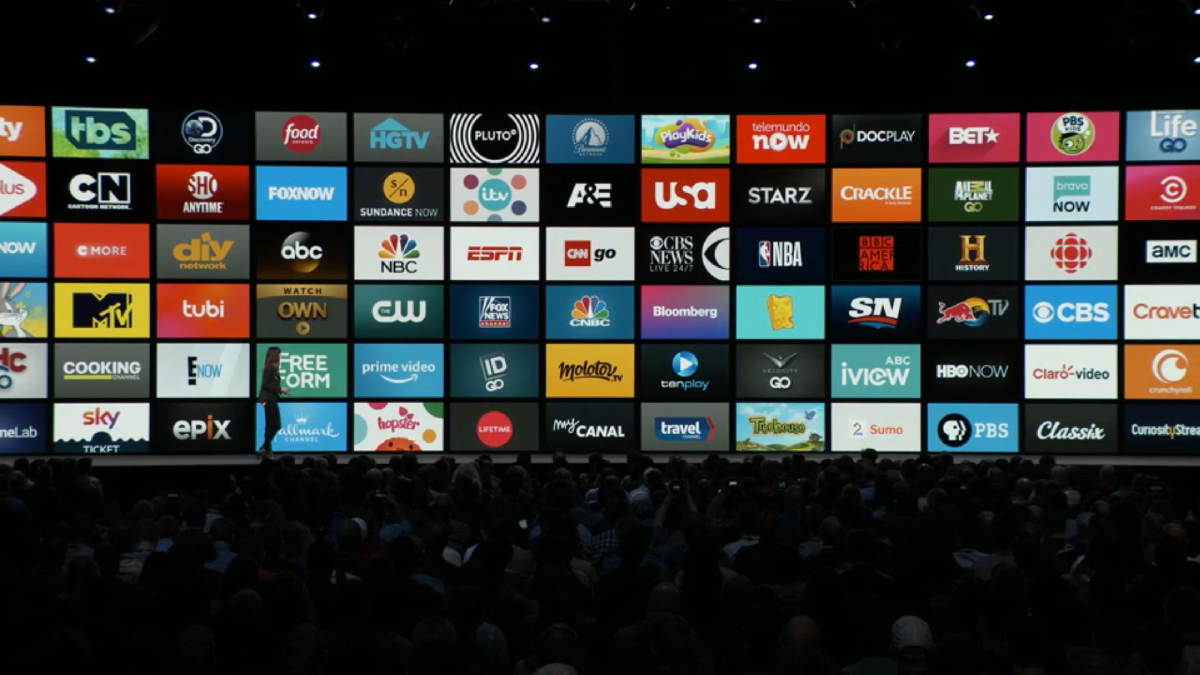
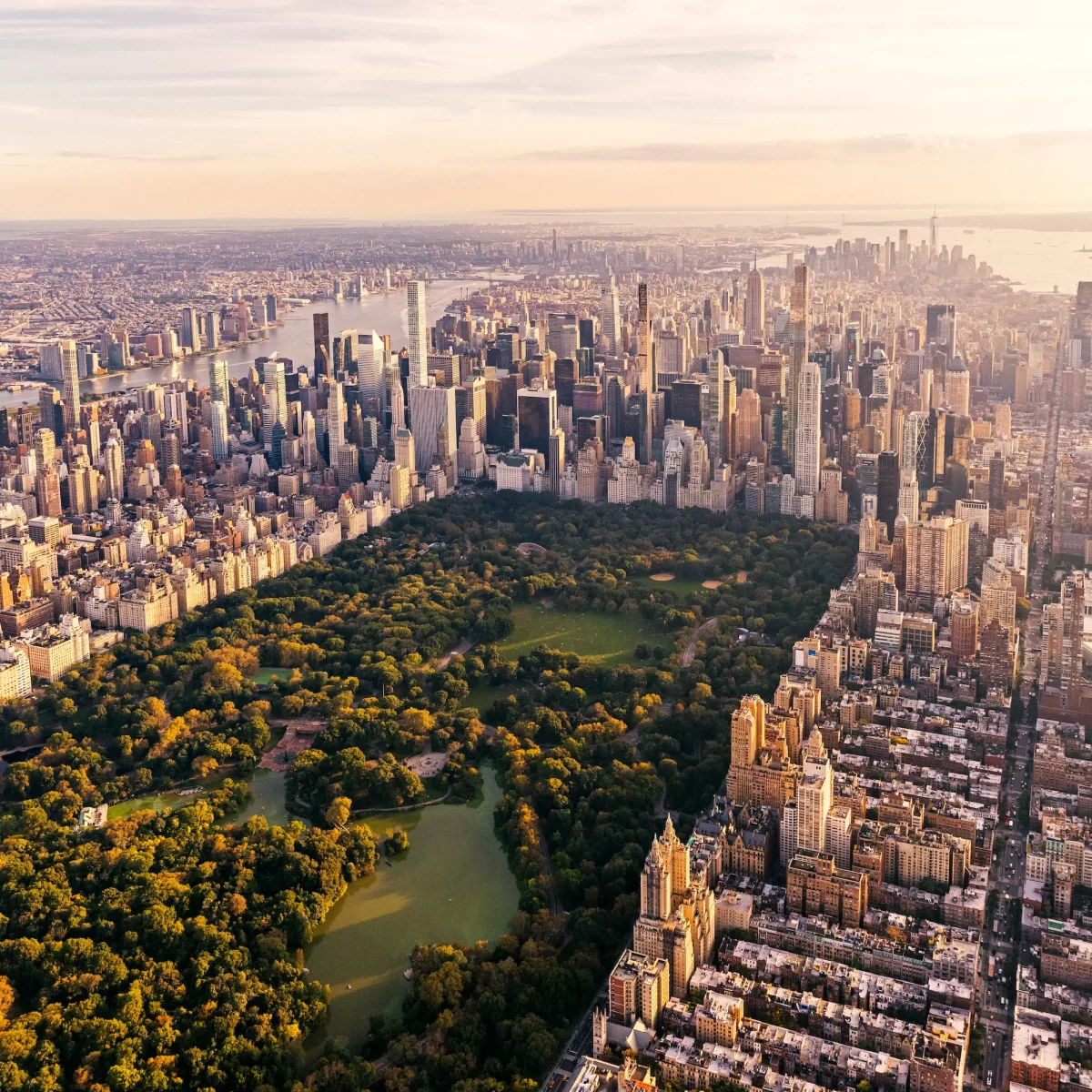
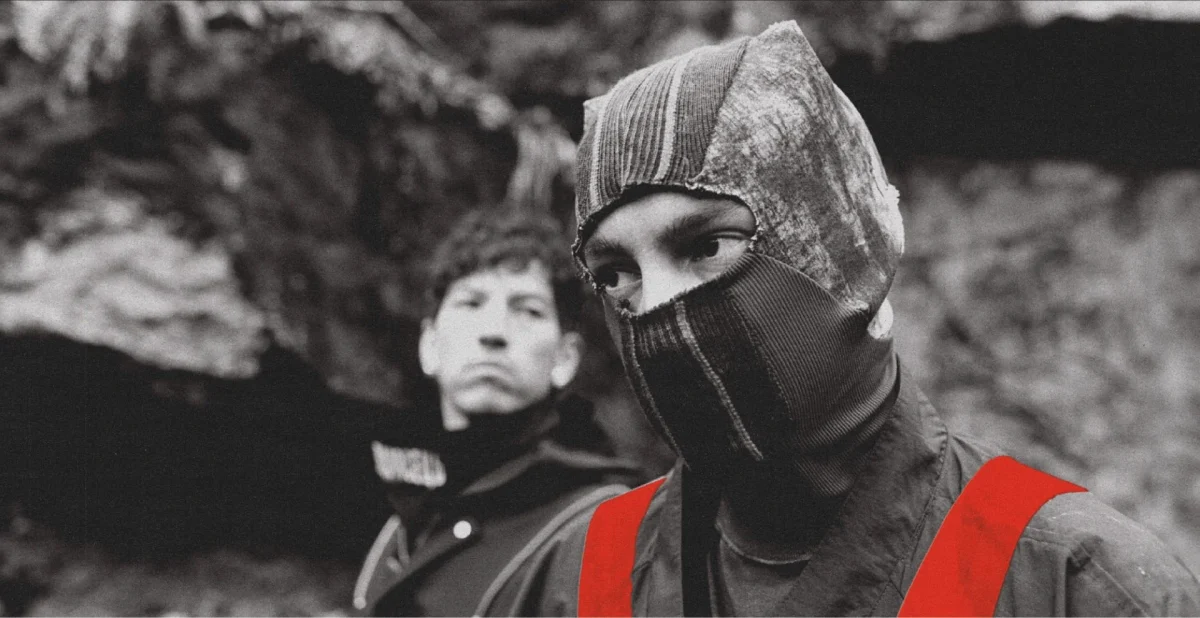
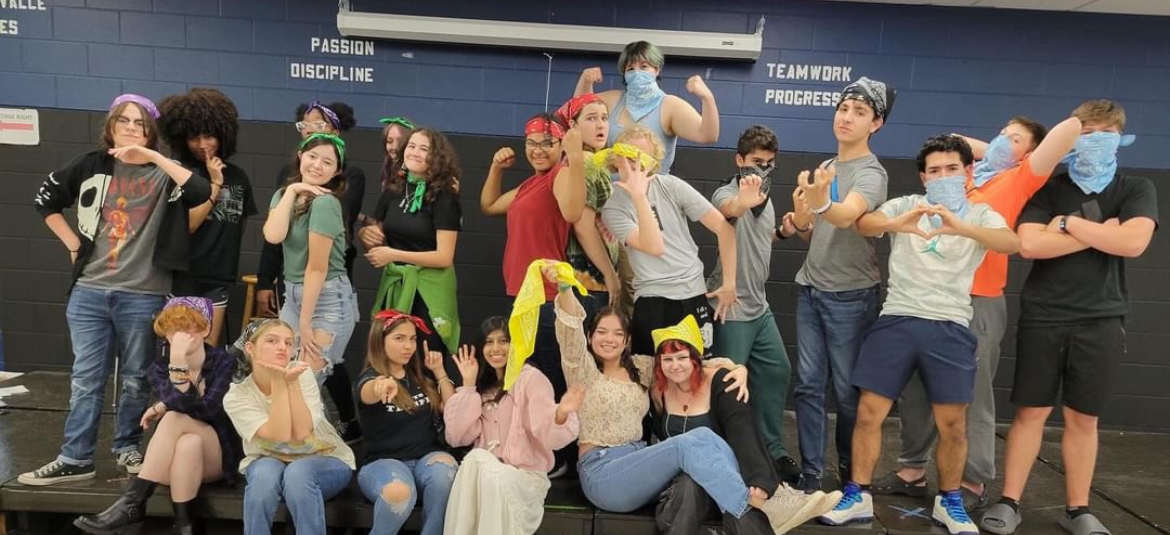





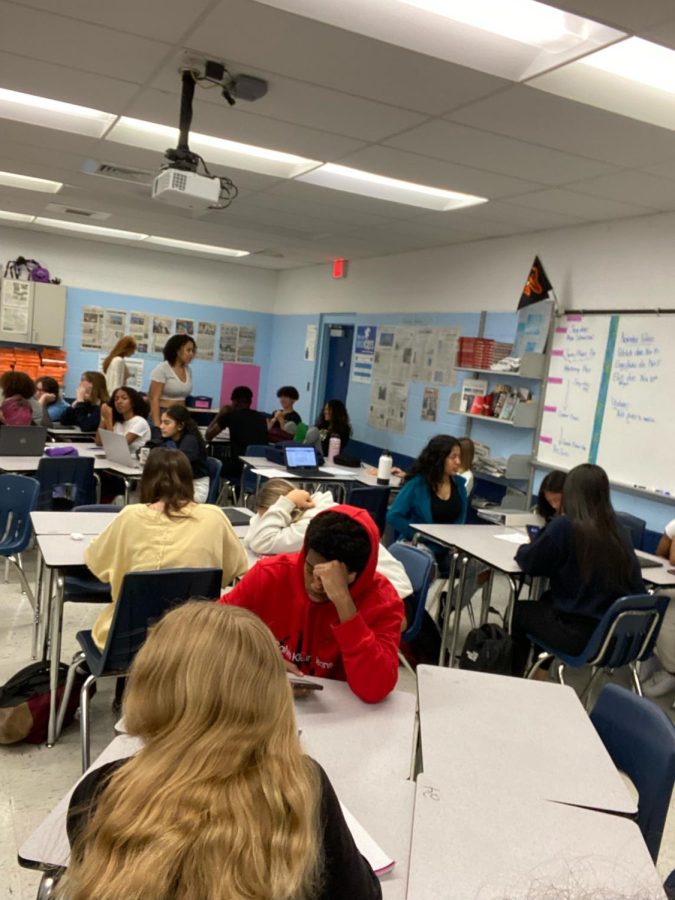

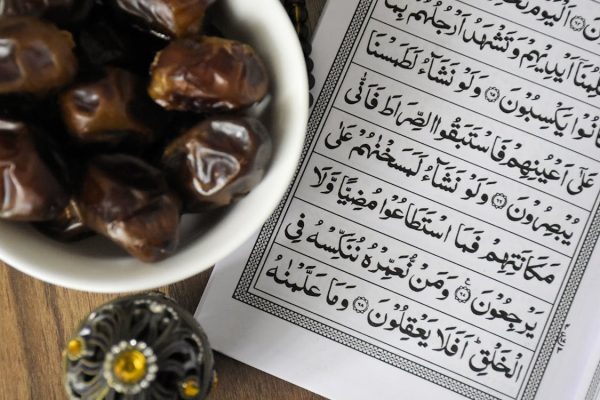

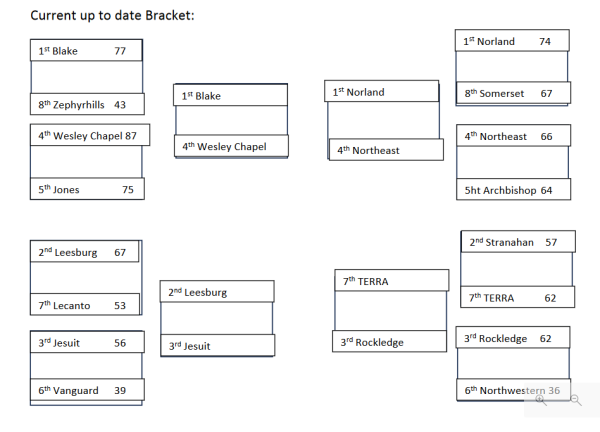
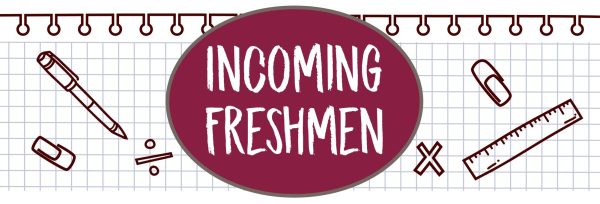
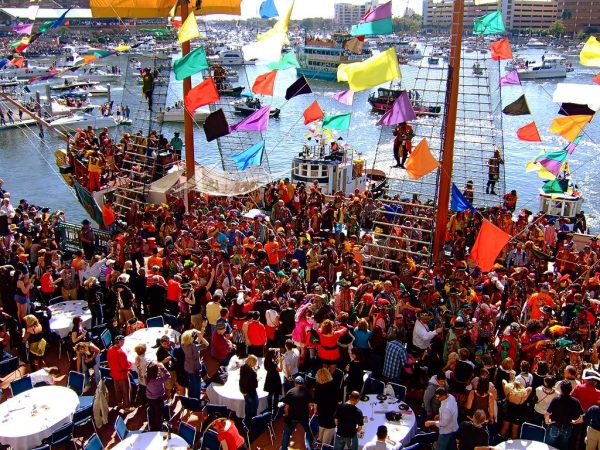

Simon Ocando • Mar 8, 2023 at 8:04 pm
This story is very well written and informative good job!
adviser • Mar 9, 2023 at 12:33 pm
Thank you for the positive feedback. Please continue to follow Simon. He is an amazing Pawprints Reporter.